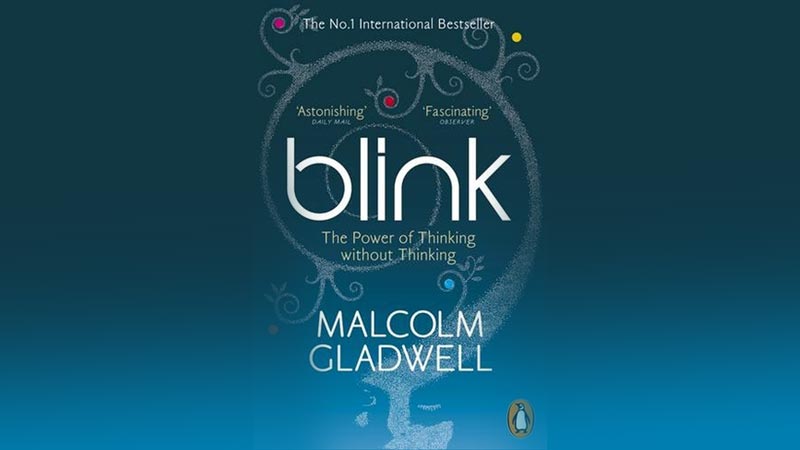

When, many years ago, a judge confessed that his decisions were based largely on hunch, this caused a bit of a scandal but there is increasing recognition that while judicial opinions, in which the judge explains his decision, are models of articulate thinking, the decision itself-the outcome, the winner-will often come to the judge in a flash. Articulate thinking is the model of rationality, while intuitive thinking is often seen as primitive, "emotional" in a derogatory sense, the only type of thinking of which animals are capable and so it is articulate thinking that distinguishes human beings from the "lower" animals. Here thinking is conscious: it occurs in words or sentences or symbols or concepts or formulas, and so it takes time. The second type of thinking is the domain of logic, deliberation, reasoned discussion, and scientific method. But there is no conscious thought, because there is no time for it. Obviously there is a cognitive process involved in such mental processes one is responding to information. The first is the domain of hunches, snap judgments, emotional reactions, and first impressions-in short, instant responses to sensations. We may call them intuitive and articulate. There are two types of thinking, to oversimplify grossly. Blink: The Power of Thinking Without Thinking


 0 kommentar(er)
0 kommentar(er)
